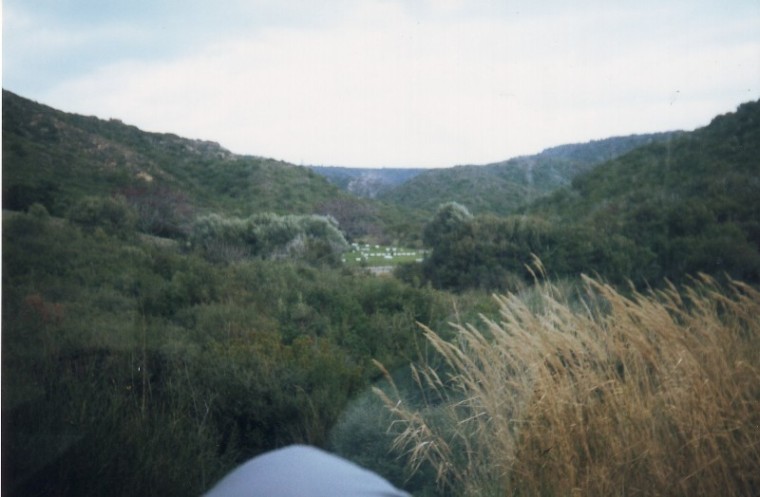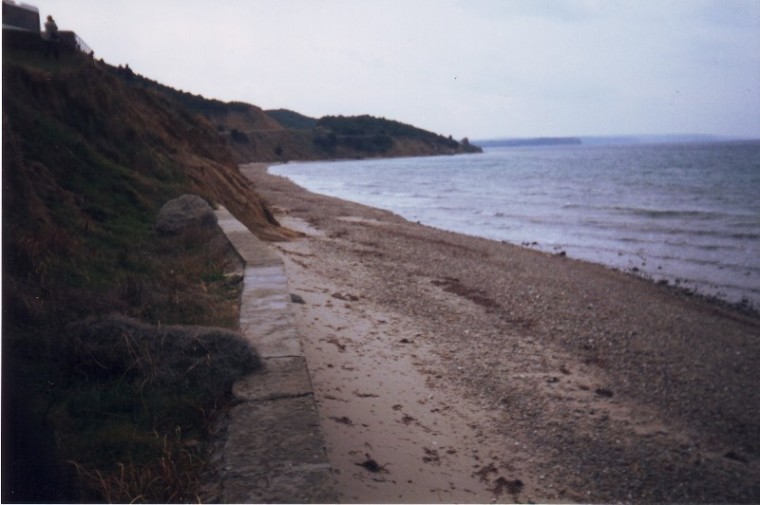
Leading up to the 2020 Anzac Day ‘on-line’ commemorations, I’ve been been pondering the nature of Australia's military tradition as opposed to the American military tradition.
He has been thinking along these lines as recently he and his wife Delma were in Dallas Texas in an international awards function and the official ceremony started and concluded with a high school military cadet call and parade.
Although he is aware that there are still some private schools in Australia that hold such parades for school assemblies, what they witnessed at that Dallas function is far from the norm within Australia.
Few other nations are as passionate about a military tradition as the Australians are about Anzac Day. Of recent years, with easier and cheaper travel, pilgrimages to the World War 1 battle sites for dawn services have shown a resurgence of a very powerful psychological hold upon the youth of the nation.
Certainly the 25 April Anzac Cove dawn services at Gallipoli and similarly the dawn service in France, at Villers Bretonneux are fast becoming 'sacred occasions'.
One primary reason for the different attitudes is that the US had a civil war that left an indelible mark upon its people. It was one of the great defining moments of how they see themselves: as liberators and defenders of freedom. Their military is a constant reminder of the vigilance that is required to maintain these precious attributes.
Australia on the other hand has a quite separate tradition. The military was initially a reminder of their convict past, where in the early years of settlement they maintained not only order but the state's finances through trading, notoriously (though probably not accurately reported), in the issue of rum. Yet when England, seen at that time as the ‘Mother Country’ was in trouble, Australia's sons' gave their all on foreign and distant soils.
For Australians, the military is a necessary evil, and it wasn't until sixty years ago when the Japanese threatened Australia has anyone seriously thought we were remotely likely to be invaded.
Hence there is a bivalent attitude. On one hand, we are proud of our heroes and proud to maintain political freedom; but on the other, we do not like any obvious demonstrative pomp or parade that may remind us of military authority.


Dr Mark Tronson - a 4 min video
Chairman – Well-Being Australia
Baptist Minister 45 years
- 1984 - Australian cricket team chaplain 17 years (Ret)
- 2001 - Life After Cricket (18 years Ret)
- 2009 - Olympic Ministry Medal – presented by Carl Lewis
- 2019 - The Gutenberg - (ARPA Christian Media premier award)
Gutenberg video - 2min 14sec
Married to Delma for 45 years with 4 children and 6 grand children